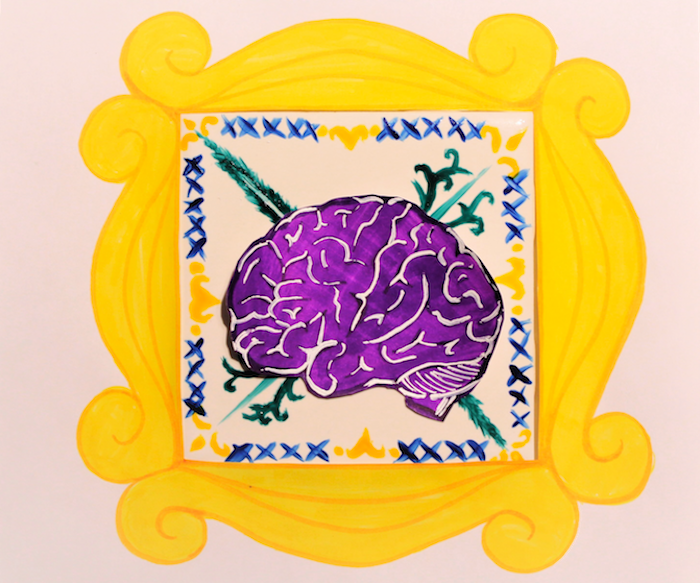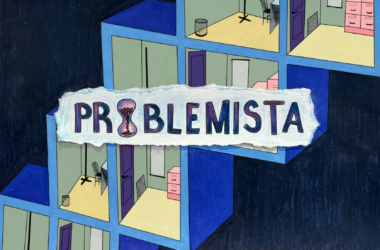On Feb. 1, McGill students gathered at the Montreal, arts interculturels (MAI) for the Mental Health Coffee House, a night of poetry, music, and mental health advocacy. The Students’ Society of McGill University (SSMU) and the feminist student publication F WORD organized the coffee house. Midnight Kitchen provided snacks and drinks, highlighting the event’s focus on community support. The coffee house concluded the annual Mental Health Awareness Week, and provided an inclusive and safe place to share art, poetry, and its accompanying emotions without judgment.
After workshops and de-stress sessions held all throughout the last week of January, SSMU invited students to join the coffee house either as a performer or an audience member, bringing in over 30 attendees to watch three poets and three musicians perform.
Bee Khaleeli, one of SSMU’s mental health commissioners, explained that the ultimate goal of the coffee house and other similar events is to give students and community members the tools that they need to be proactive about their mental health. Khaleeli emphasized that events like the Mental Health Coffee House open up these conversations and foster a dialogue about students’ struggles to get help, allowing them to share their stories.
“Something that we often forget is that a lot of people go out and seek care, and they end up in desolation about the care they receive, so fostering the dialogue could be really empowering for the students,” Khaleeli said.
Similarly, Cody Esterle, Vice-President (VP) Student Life at SSMU, saw the Mental Health Coffee House as an anti-oppressive place where freedom of self-expression is the end goal.
“When we talk about Mental Health and arts it’s important to create a space that is inclusive and safe,” Esterle said.
According to Emma Ciereszyński, coordinator of F WORD, poetry provides a language to speak against oppressive politics, and having a safe place to express this resistance is essential to one’s own mental health.
“Poetry is inherently a way of expressing yourself, and [it is] a big part of […] participating in types of politics,” said Ciereszyński. “It is sharing your own story, your own experiences, in a space that’s safe for that. And poetry, that’s what poetry is. It is sharing your own experience in a way that feels authentic to you. It is a big part of anti-oppressive politics.”
SSMU and F WORD partnered to promote an inclusive approach to mental health that recognizes the value in difference.
“We wanted to prioritize women, queer people, [and] racialized people regarding who will be performing at this event,” Khaleeli said. “We know that these are often people that are excluded from the fine arts, performing arts, and a lot of mental health discourse in general. So, the relevance of the anti-oppressive politics in this event is their representation and the creation of a space that not only accepts marginalized people but very actively works up at their voices.”
Organizers expect to repeat the event next year and hope to continue the conversations that they successfully started this year regarding poetry, arts, and mental health advocacy.
“We are fully engaged with finding practical ways to translate the conversations that we’ve just started [in] our community, whether that be advocating for better services on campus or running more targeted campaigns,” Khaleeli said.









